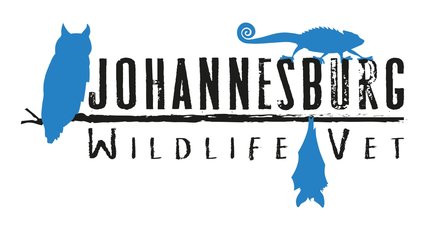|
This Serval (Leptailurus serval) was collected by the Highveld Ridge SPCA and Feral Watch TNR after he was found hiding in a pile of rubble in someone's yard. Once brought to our hospital, he was found to be severely dehydrated. Since his arrival, he is eating well and has become feistier - signs that he is feeling better. Once completely healthy and able to fend for himself, he will be released back into the wild where he belongs.
Our thanks to Highveld Ridge SPCA and Feral Watch TNR for caring for this serval and collaborating with us. We treat indigenous animals free of charge, relying solely on the donations and support of our community. Johannesburg Wildlife NPC FNB Cheque account Account: 62658400264 Branch Code: 255355 Swift code: FIRNZAJJ Pics: Ashleigh Pienaar These Black-backed jackal pups (Canis mesomelas) were confiscated from kids who had dug them up from a burrow! They were subsequently taken to VulPro where they were then transferred to us to facilitate their rehabilitation journey.
Luckily, upon examination, there were no injuries, and all five are steadily growing and reaching their developmental milestones. They have a few weeks to go before the next step in their rehabilitation; a pre-release enclosure. Johannesburg Wildlife NPC FNB Cheque account Account: 62658400264 Branch Code: 255355 Swift code: FIRNZAJJ We treat indigenous animals free of charge, relying solely on the donations and support of our community. Pics: Sarah Kempen & Ashleigh Pienaar As the festive season and Guy Fawkes approaches, please be mindful of the effects of fireworks on our precious wildlife!
Unexpected and unnatural loud sounds, like the bangs that are often heard from fireworks, have an adverse effect on our urban wildlife. Causing fear and disorientating animals, they often try to flee, sometimes unable to find their nests again. Birds and other small mammal parents sometimes also abandon their nests, leaving their defenceless babies behind. Animals will exhibit unusual behaviour in an attempt to escape the noise, like entering into buildings, or birds flying into windows. Please note, the use of fireworks is regulated by bylaws under the Explosives Act, 1956. Fireworks may not be set off in any public place, for example, in parks, on the pavement or the streets. No fireworks should be set off, detonated or exploded within 200 metres of any hospital, clinic, petrol station, old-age home or nursing home, or animal welfare organisation or institution. The period in which the lighting of fireworks is allowed is from 7 pm to 10 pm. We often have people saying that thunderstorms are also loud and scary, BUT the big difference is that a thunderstorm comes with a change in barometric pressure and animals are sensitive to this and can therefore anticipate noise to come. HOW TO HELP: - Remove / cover bird feeders and bird baths before lighting fireworks, hopefully discouraging birds from being in the area and ensure that no ash, debris or other firework residue lands in the feeders or water source. - Do not use fireworks near trees, bird houses, nesting areas, rockeries, or other sheltered areas where wildlife may be living. - Clean up all firework residue promptly and thoroughly. The debris could contain toxic chemicals and other poisons that can harm animals that may ingest them. If you come across any compromised wildlife, please contact us: 071 248 1514 We treat indigenous animals free of charge, relying solely on the donations and support of our community. Pics: Ashleigh Pienaar & Sarah Kempen We’ve spent just over a week fighting for a baby pangolin that barely stood a chance due to the harsh circumstances that she was forced to endure after she was poached and held in the illegal wildlife trade.
After being severely compromised, this little pangolin didn’t have the strength to forage for food. Tube feeding regularly meant utilising light sedation frequently which in itself is also not ideal for her compromised system. We enlisted the specialist assistance from Fourways Vet Hospital to place a peg tube - making it easier for us to ensure she received an easily digestible food. This would give her the best chance at recovering her energy levels and allowing her body to recuperate from the neglect that she had endured. Poached pangolin often spend days, sometimes two weeks, without food or water. This places a massive strain on their systems that is often difficult to recover from. While initially we saw an improvement, this changed a day ago when her energy levels depleted once again. She was placed on a drip but succumbed to her compromised state, sadly. The peg tube technique was a world first in the treatment of pangolins. This is a unique idea that we believe will be successful in the future and will save more compromised pangolins. It would have been successful this time, had this little pangolin not been so compromised to begin with. Attempting to save a critically endangered species is incredibly taxing on our team - especially when we receive these elusive creatures on the brink of death. It’s even more difficult when they show signs of improvement that give us hope, which is quickly taken away when they take a turn for the worst. We’re so sorry that our attempts at a second chance of life couldn’t save you, Menina. Thank you for the outpour of donations and support, and for following her journey and our multiple attempts to save her. We treat indigenous animals free of charge, relying solely on the donations and support of our community. Pic: Dr K |
AuthorThe team behind the Johannesburg Wildlife Vet Hospital. Archives
March 2021
Categories
All
|
CONTACT US
+27 71 248 1514 (24 hours a day)
[email protected] 101 MacGillivray Road, Midrand Johannesburg SOUTH AFRICA |
|
All treatment of wildlife is free of charge and we rely solely on the support of our community and corporate sponsors.
PLEASE SUPPORT US AND HELP US KEEP WILDLIFE WILD!
PLEASE SUPPORT US AND HELP US KEEP WILDLIFE WILD!
© COPYRIGHT 2017.

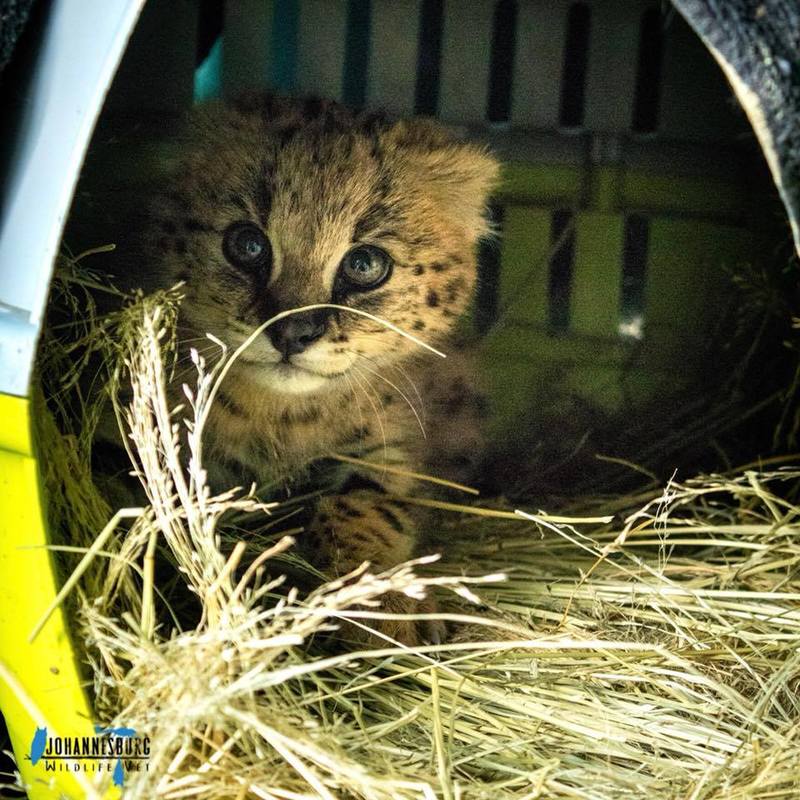
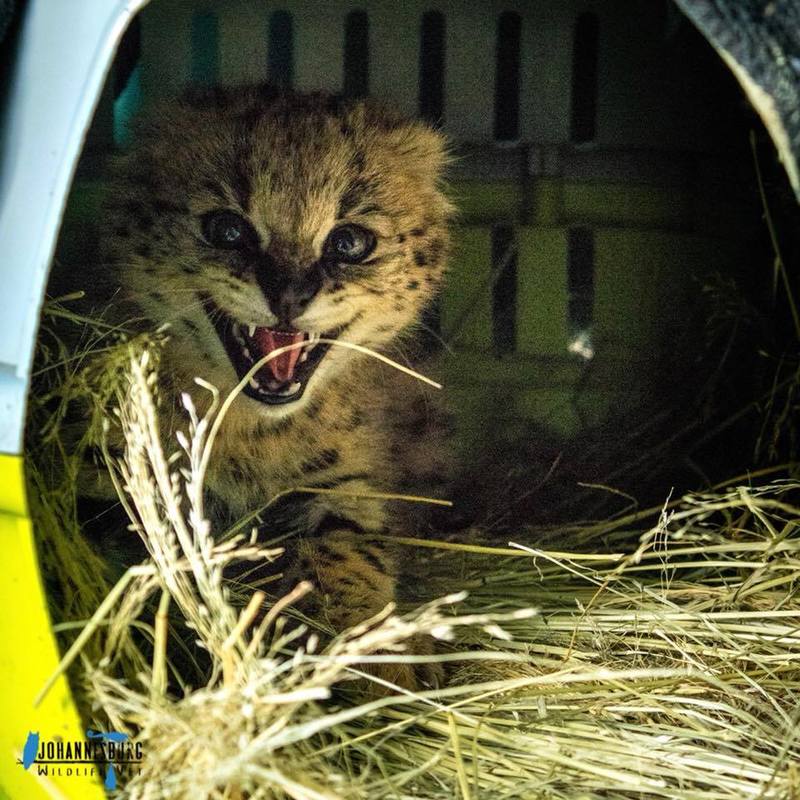

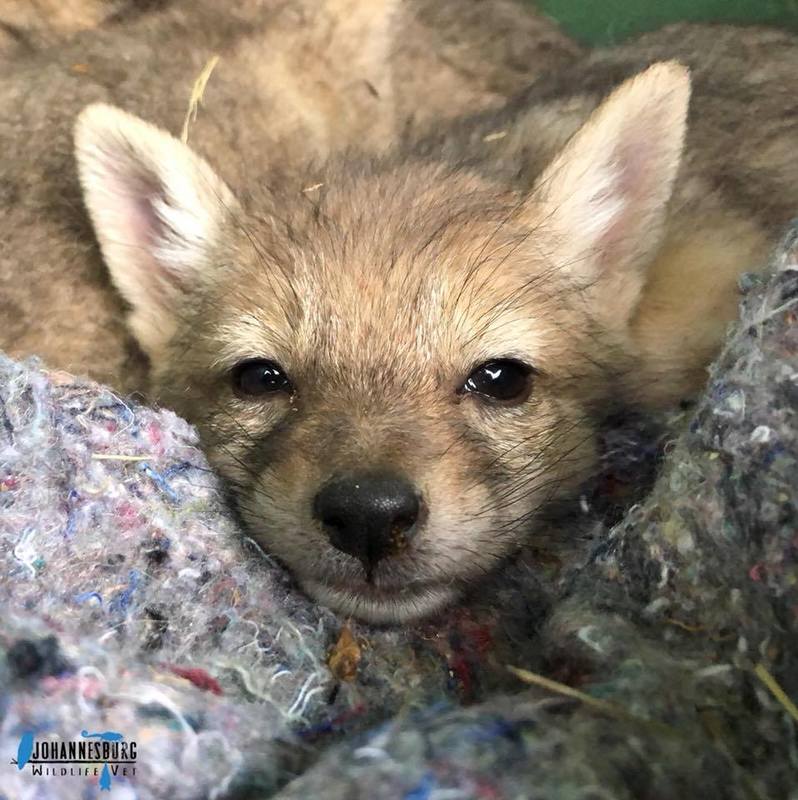
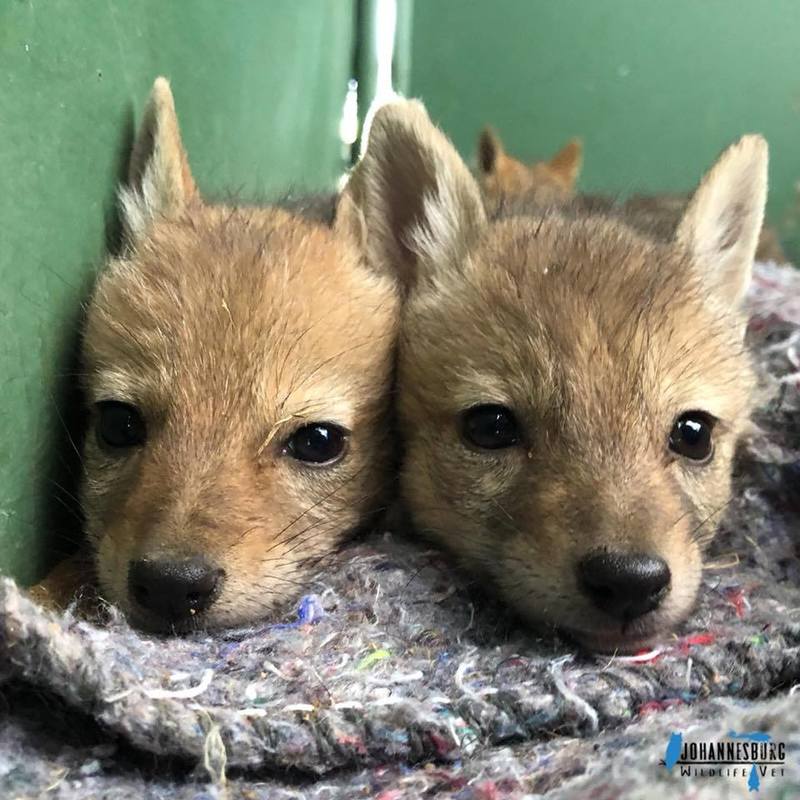
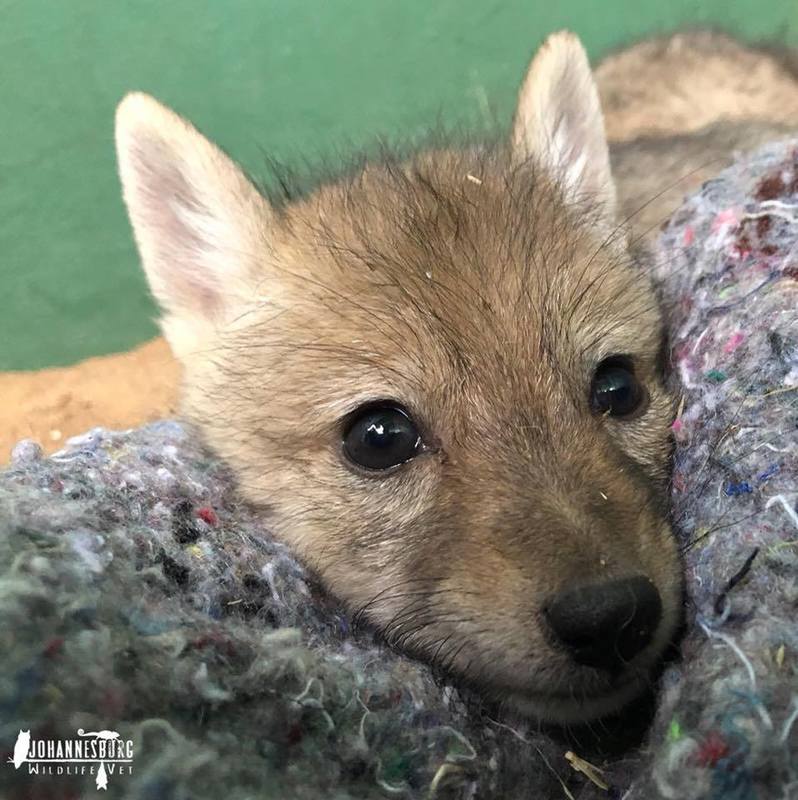
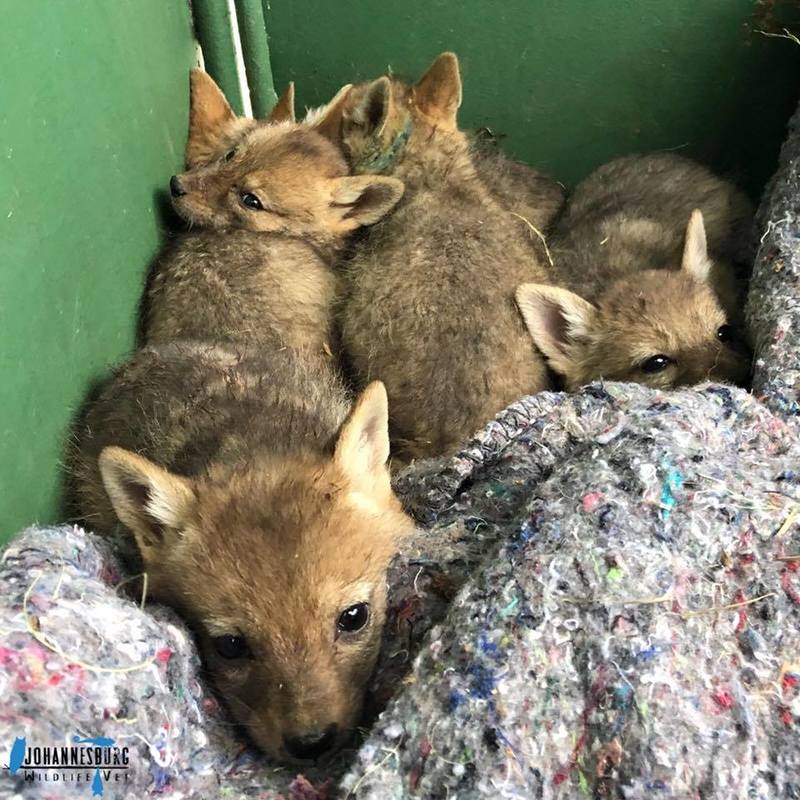
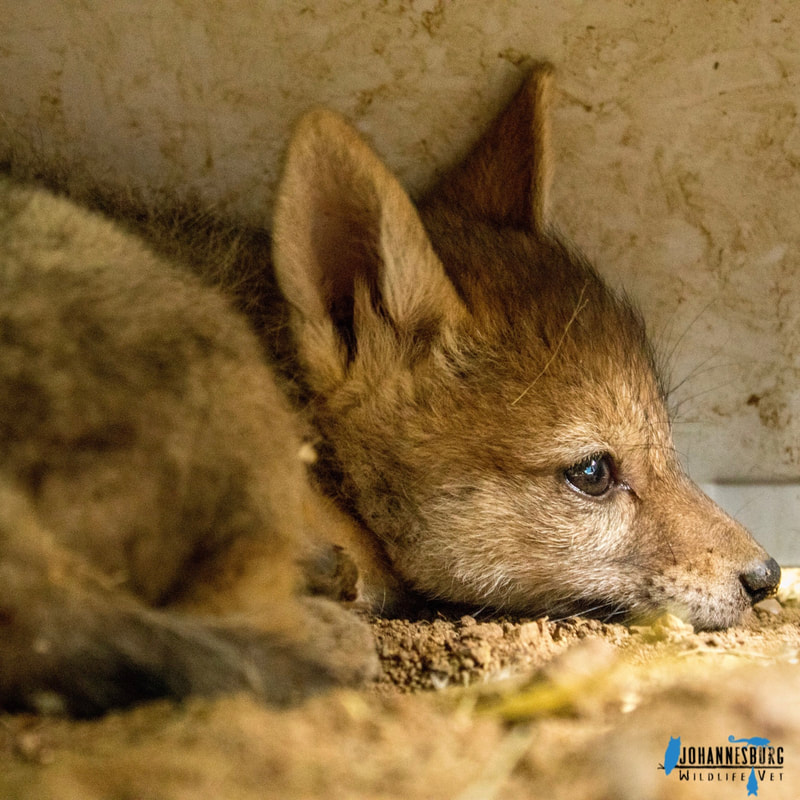
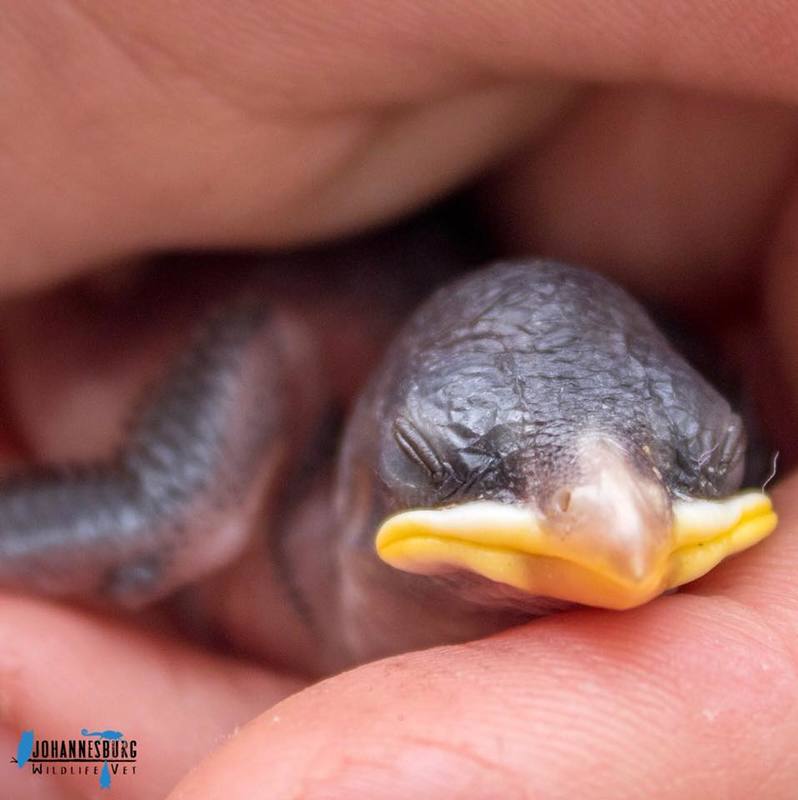
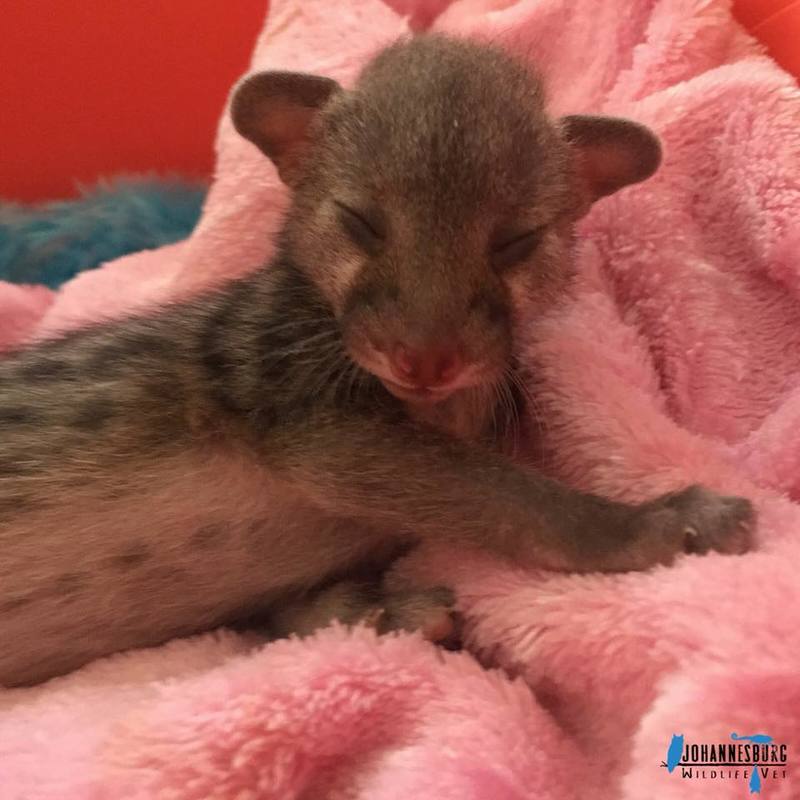
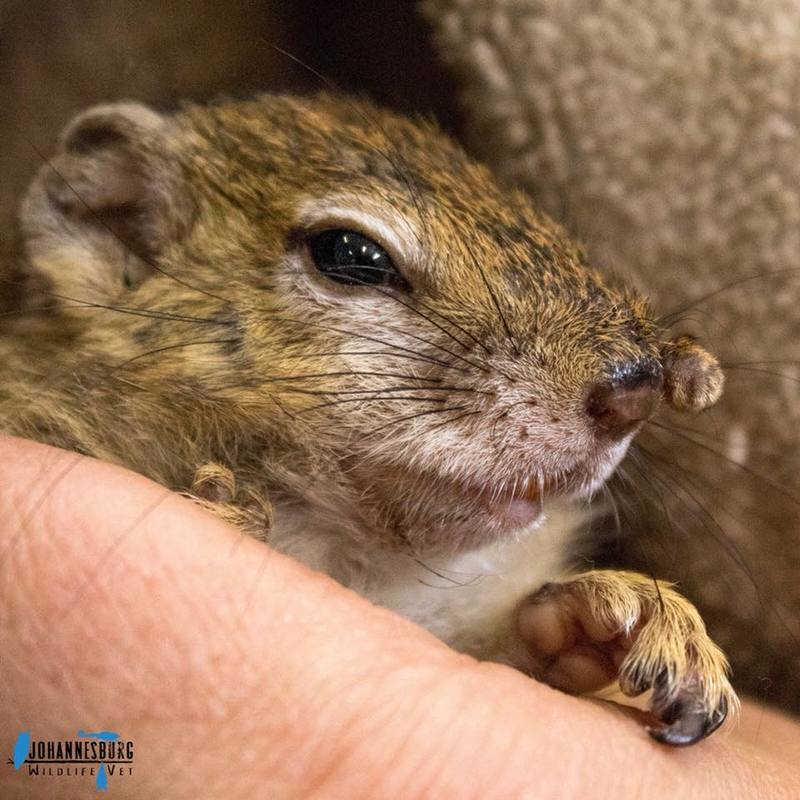
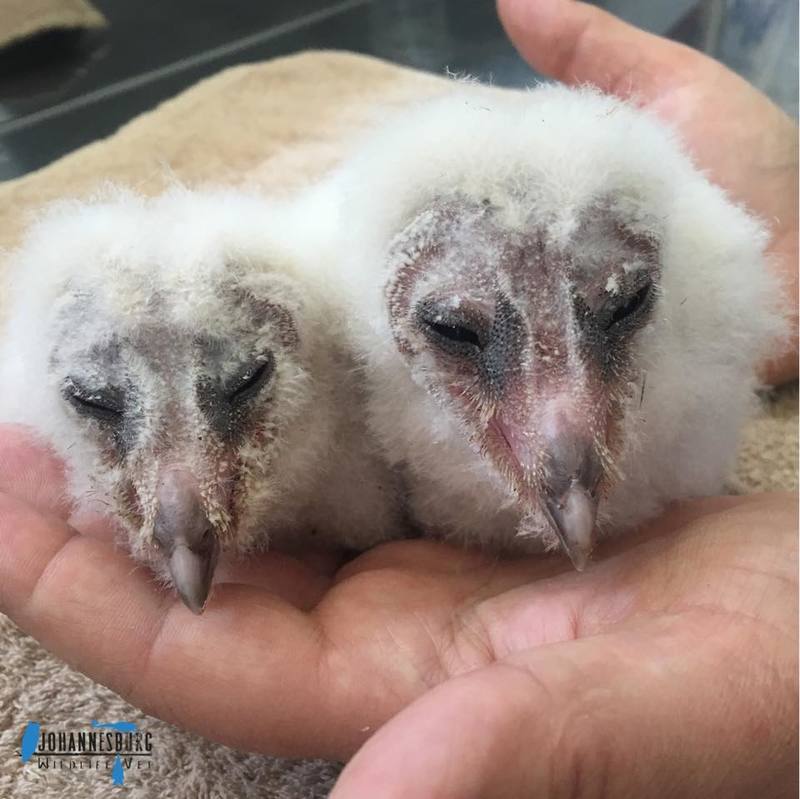
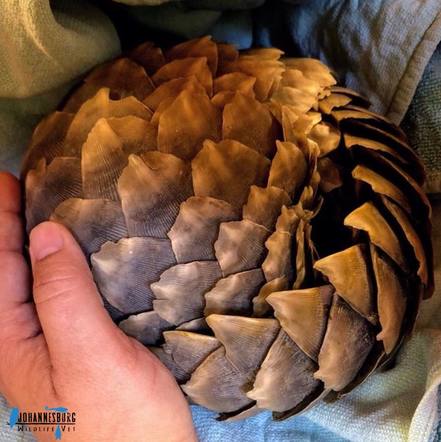
 RSS Feed
RSS Feed
